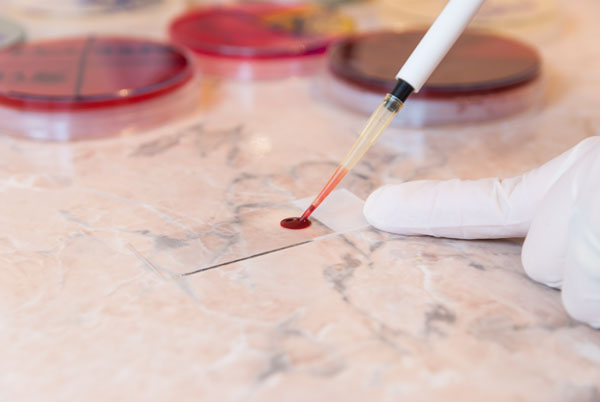A patient in France with sickle cell disease has been successfully treated for the condition using gene therapy. If the therapy proves effective in larger clinical trials, it could offer relief from the painful symptoms of sickle cell disease for the 100,000 patients who suffer from the condition in the US alone.
“It could be a game changer,” said Dr. Deborah Gill at the University of Oxford. “The fact the team has a patient with real clinical benefit, and biological markers to prove it, is a very big deal.”
Sickle cell disease is caused by a mutation in the gene that encodes the beta-globin subunit of hemoglobin. This mutation changes the oxygen carrying capacity of hemoglobin, and the proteins form aggregates which change the shape of the red blood cells. These sickle-shaped cells then get stuck in blood vessels throughout the body.
Individuals with sickle cell disease are currently treated using blood transfusions. In some cases, a bone marrow transplant can be an effective treatment, however only 10 percent of patients find a suitable donor.
Researchers in France have now used gene therapy to treat a 13-year-old boy with the disease. These researchers collected bone marrow stem cells from the patient and used a viral vector to introduce genes encoding antisickling beta-globin into the cells.
About three months after these altered cells were transfused back into the patient, he began to produce a normal form of hemoglobin. The researchers published the results of this single case in The New England Journal of Medicine.
“The patient is now 15 years old and free of all previous medication,” said senior study author Dr. Marina Cavazzana, of the Necker Children’s Hospital in Paris. “He has been free of pain from blood vessel blockages, and has given up taking opioid painkillers.
“All the tests we performed on his blood show that he’s been cured, but more certainty can only come from long-term follow-up,” she continued. Cavazzana and her team have used this gene therapy technique to treat seven other sickle cell disease patients, all of whom are reportedly showing promising progress.
While the results suggest a possible new treatment for the disease, some are exercising caution when it comes to celebrating gene therapy as a cure. “We should be realistic in remembering that there are hundreds of thousands of sickle cell patients in less developed countries, and that the therapy is not easily exportable or adaptable to countries with less well-developed health systems,” said Dr. Stuart Orkin of Harvard Medical School.












Join or login to leave a comment
JOIN LOGIN